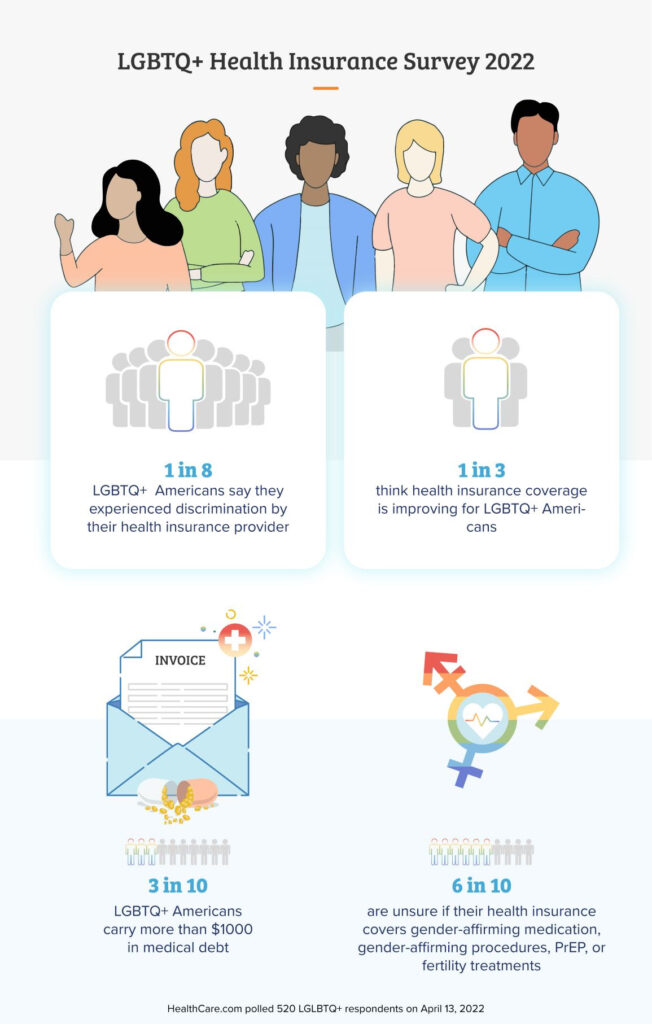One in 8 LGBTQ+ Americans discriminated against by health insurer
With a record 7.1% of U.S. adults self-identifying as LGBTQ+, HealthCare.com, a health insurance comparison site, launched a survey to better understand these communities’ experiences with providers ranging from Medicare to employer plans.
In the report, Rutgers professor and LGBTQ+ health equity expert Dr. Corina Lelutiu-Weinberger discusses the barriers these communities continue to face.
“This survey uncovered reported discrimination by LGBTQ+ individuals from health insurers, which is likely yet another contributing factor to the poorer health outcomes documented among LGBTQ+ groups,” says Dr. Lelutiu-Weinberger.
“At least two directions can emerge from this finding: one, further research needs to be conducted to determine the types and frequency of discrimination experienced by LGBTQ+ people by insurers; and two, this novel line of research can inform interventions and/or policy around targeting this type of discrimination.”

Key Findings
- 1 in 8 LGBTQ+ Americans say they experienced discrimination by their health insurance provider
- But 1 in 3 think health insurance coverage is improving for LGBTQ+ Americans
- 6 in 10 are unsure if their health insurance covers gender-affirming medication (hormones), gender-affirming procedures (surgery), PrEP, or fertility treatments
- 3 in 10 carry more than $1,000 in medical debt

HealthCare.com surveyed 520 LGBTQ+ U.S. adults aged 18 and over.
Among the 520 respondents, 209 (40%) identified themselves as bisexual, 156 (30%) as gay, 63 (12%) as lesbian, 24 (5%) as pansexual, 23 (4%) as asexual, 23 (4%) as other, 11 (2%) as not sure/questioning, 10 (2%) as queer, and 1 (0.19%) as straight.
Does age factor into patterns of discrimination? By generation, 22% of Millennial (born 1981-1996) and 20% Gen Z (born 1997-2012) LGBTQ+ individuals have experienced discrimination from their health insurance providers. That compares to 3% of Baby Boomers (born 1946-1964) and 11% of Gen X (1965-1980), indicating that younger groups may experience increased health insurance-related discrimination.
For more info, please explore the full report featuring expert commentary from a Rutgers professor and LGBTQ+ health equity expert.






